Iraq is facing a severe climate crisis, making it one of the most vulnerable countries to the effects of climate change. The crisis is characterized by water and food insecurity due to reduced precipitation, higher temperatures, and mismanagement. Upstream dams in Turkey and Iran have significantly reduced the flow of water into the country, exacerbating the problem.
Iraq is classified by the UN as the fifth most vulnerable country to climate change, with temperatures increasing two to seven times faster than the global average. In 2020 and 2021, the country experienced the driest rainy seasons in 40 years, leading to a 29% and 73% decrease in the flow of the Tigris and Euphrates Rivers, respectively.
Desertification is on the rise due to the climate crisis, unregulated land and water use, and reduced river flows caused by upstream dams. Sandstorms have become a prevalent issue, affecting public health, and there is a growing need to plant more trees and transition to renewable energy to combat these extreme weather events.
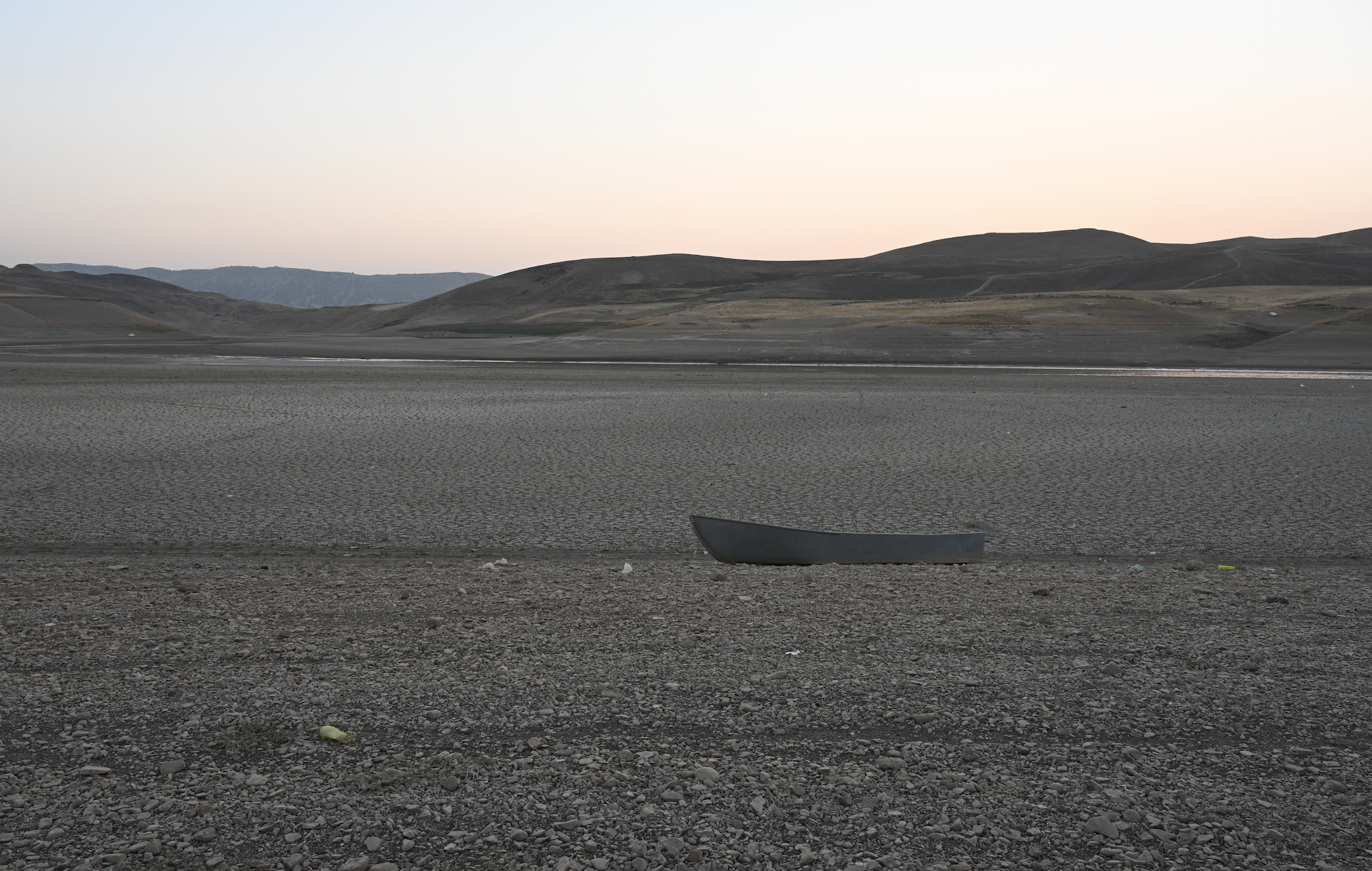
Photo: Peshraw Mahdi
The Kurdistan Region of Iraq (KRI) recognizes climate change as a top priority. In 2022, the Kurdistan Regional Government (KRG) announced several green investment initiatives under the banner “Safe Environment – Sustainable Development.”
“My government has no higher priority than the preservation and protection of our environment. In the past two years we have launched some bold initiatives. We have pivoted from diesel to clean gas. We have revised waste collection practices and introduced new waste treatment plants,” said KRG Prime Minister Masrour Barzani at the Green Investment Conference in 2022.
Prime Minister Barzani emphasized that his government is ready to work with local and international partners to create a more sustainable future for the region, and leave a cleaner and safer world for the younger generations.
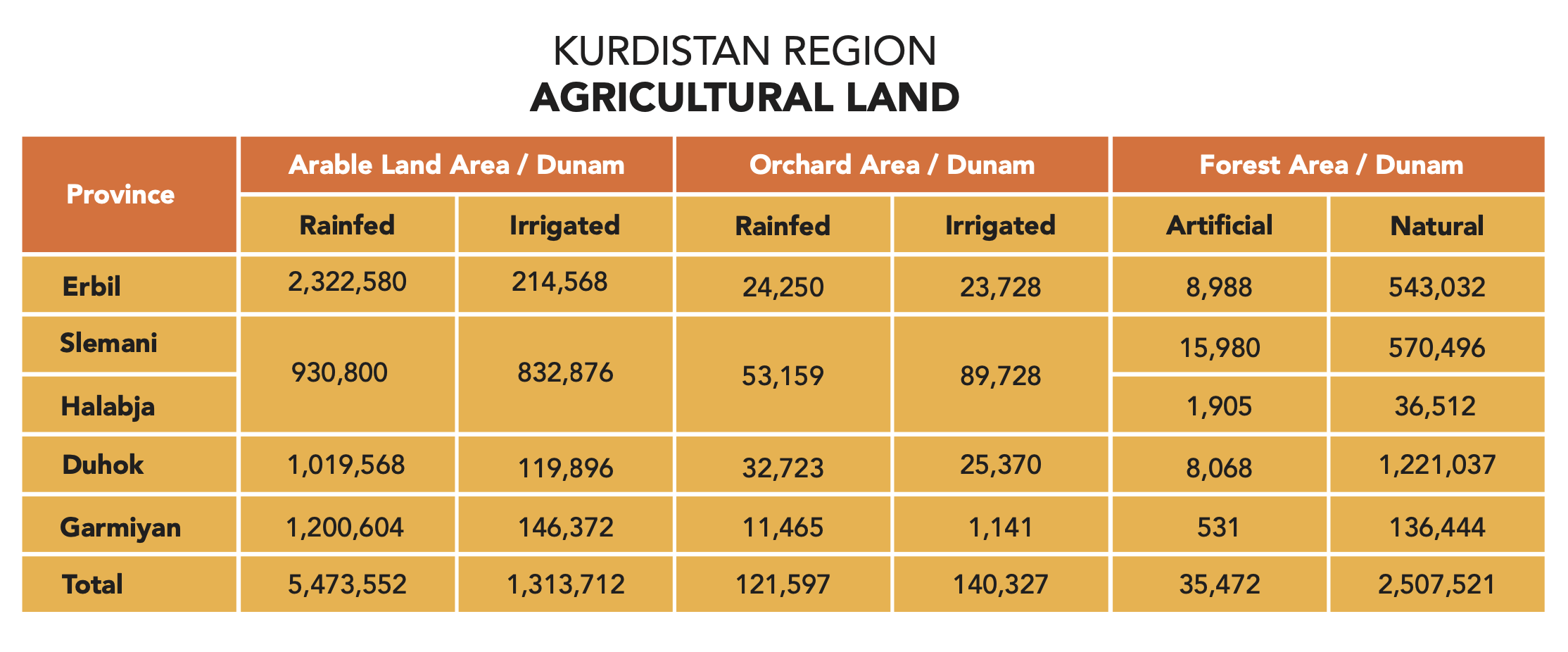
Turning waste gas into electricity
The Ninth Cabinet of the KRG has taken a commendable step towards reducing the environmental impact of waste gas by harnessing it to generate electricity from oil wells. A standout achievement is the Garmian waste-gas-to-power-plant, a 165-megawatt facility that effectively recovers flare gas from the Hasira oil wells to generate electricity. This transformative project, completed in 2021, has also provided job opportunities for 118 local residents.
Spanning 35, 000 square meters of land, the power plant comprises 180 generators and 45 converters. Each generator has a capacity of 0.9 MW, resulting in a daily estimated production of 100 MW. Efforts are underway to further increase this output.
By implementing eco-friendly policies, the Ninth Cabinet has demonstrated its unwavering commitment to curbing the detrimental effects of waste gas on the environment. Beyond the environmental benefits, this project ensures an improved supply of electricity for the residents of Garmian.
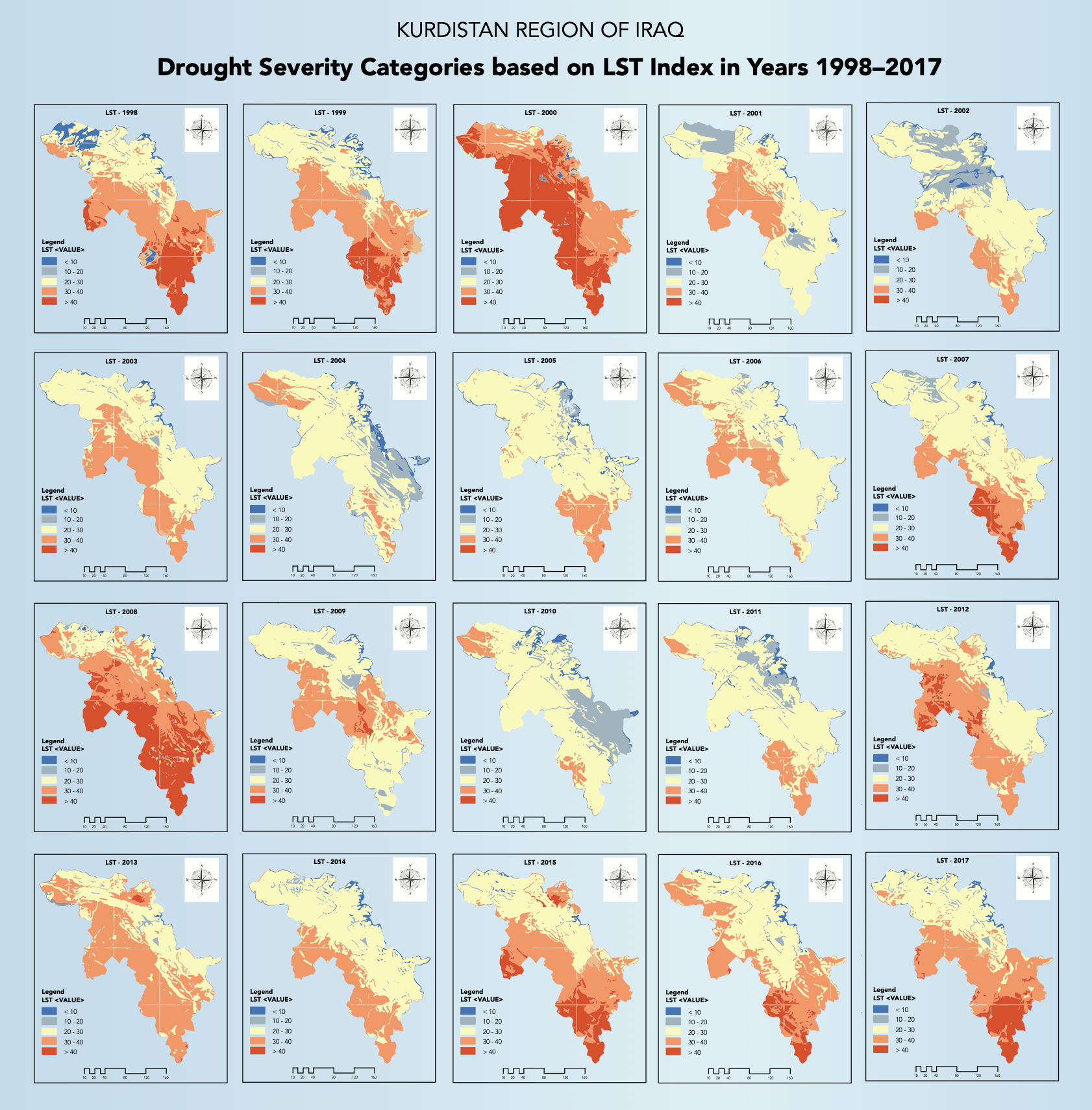
When it comes to natural gas flaring, Russia stands as the world’s largest culprit, burning off 24.9 billion cubic meters per year as of 2020 according to World Bank data, with Iraq following closely behind with 17.4 billion cubic meters. However, analysis reveals that Iraq’s population, on average, lives much closer to flaring sites than Russia’s.
The World Bank’s October 2018 Global Gas Flaring Tracker found that the number of people in Iraq living within a 1-km radius of more than 10 flaring events was 1.2 million. In Russia, only 275,000 people experienced the same level of exposure. The reason for this discrepancy lies in the geographical placement of these flaring sites. Russia’s oil refineries are often in remote locations, spread out across arctic tundra. In Iraq and the KRI, however, major cities and towns are more commonly situated close to the flares, leaving their populations at greater risk of exposure.
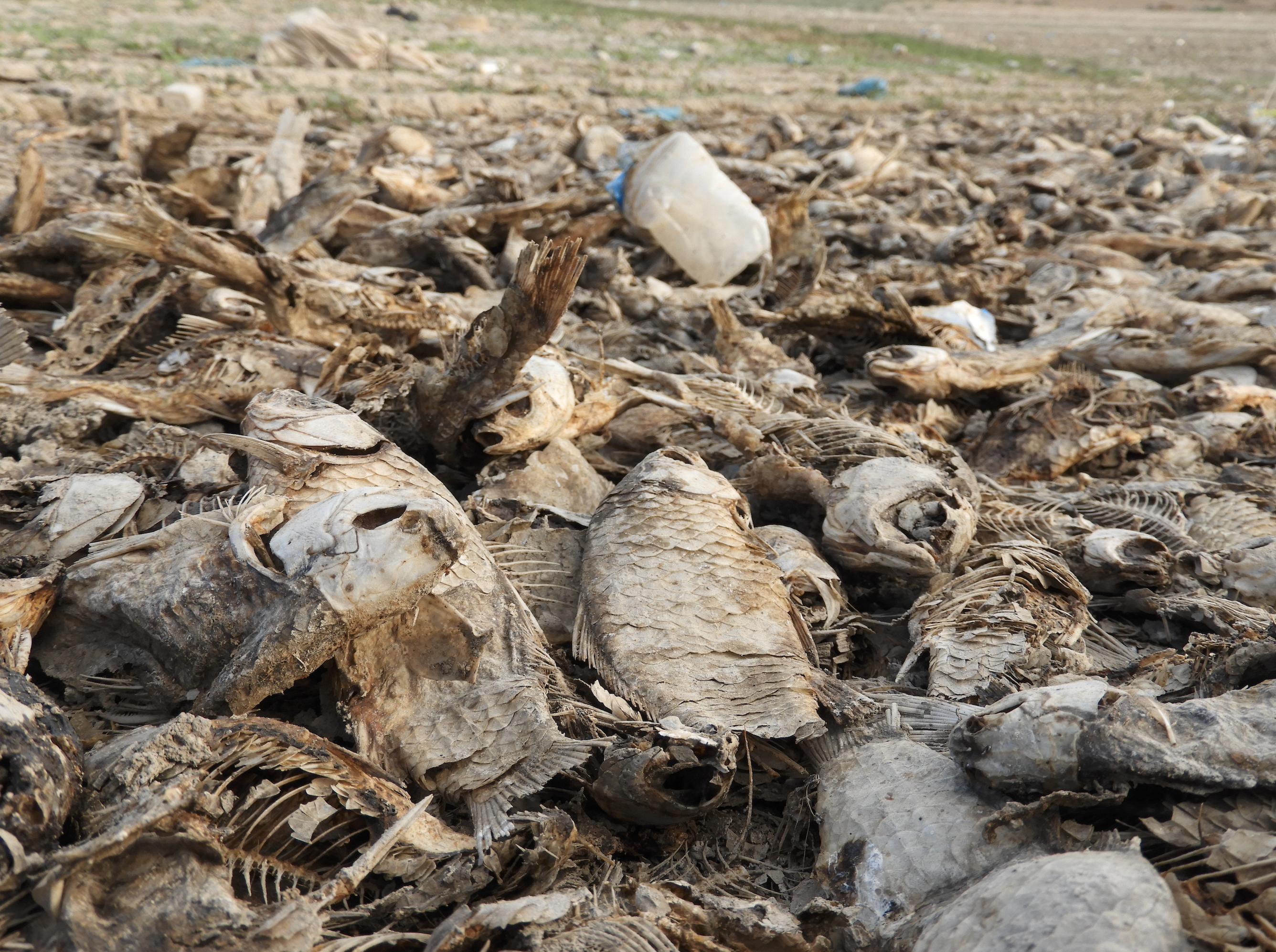
Photo: Peshraw Mahdi
Approximately 70% of Iraq’s natural gas is lost to flaring, which, in many cases, involves burning off gas that could have been used during the winter if it had been stored ahead of time. The health risks associated with flaring are significant, including asthma, allergies, lung fibrosis, and stillbirths, but the communities who live near the flares are most frightened by the risk of cancer. Several chemicals released through flaring, such as benzene, are identified by the American Cancer Society as carcinogens, substances that promote the formation of cancer.
Long-term exposure to benzene can cause damage to bone marrow. Those exposed may feel increasingly weak and tired as their red blood cell count decreases. Bruising and bleeding become more common, with healing taking longer.
The Garmian power plant project is proof that structural changes are not only possible but also economically viable. The plant sustains itself by using gas it would otherwise have flared, reducing maintenance costs.
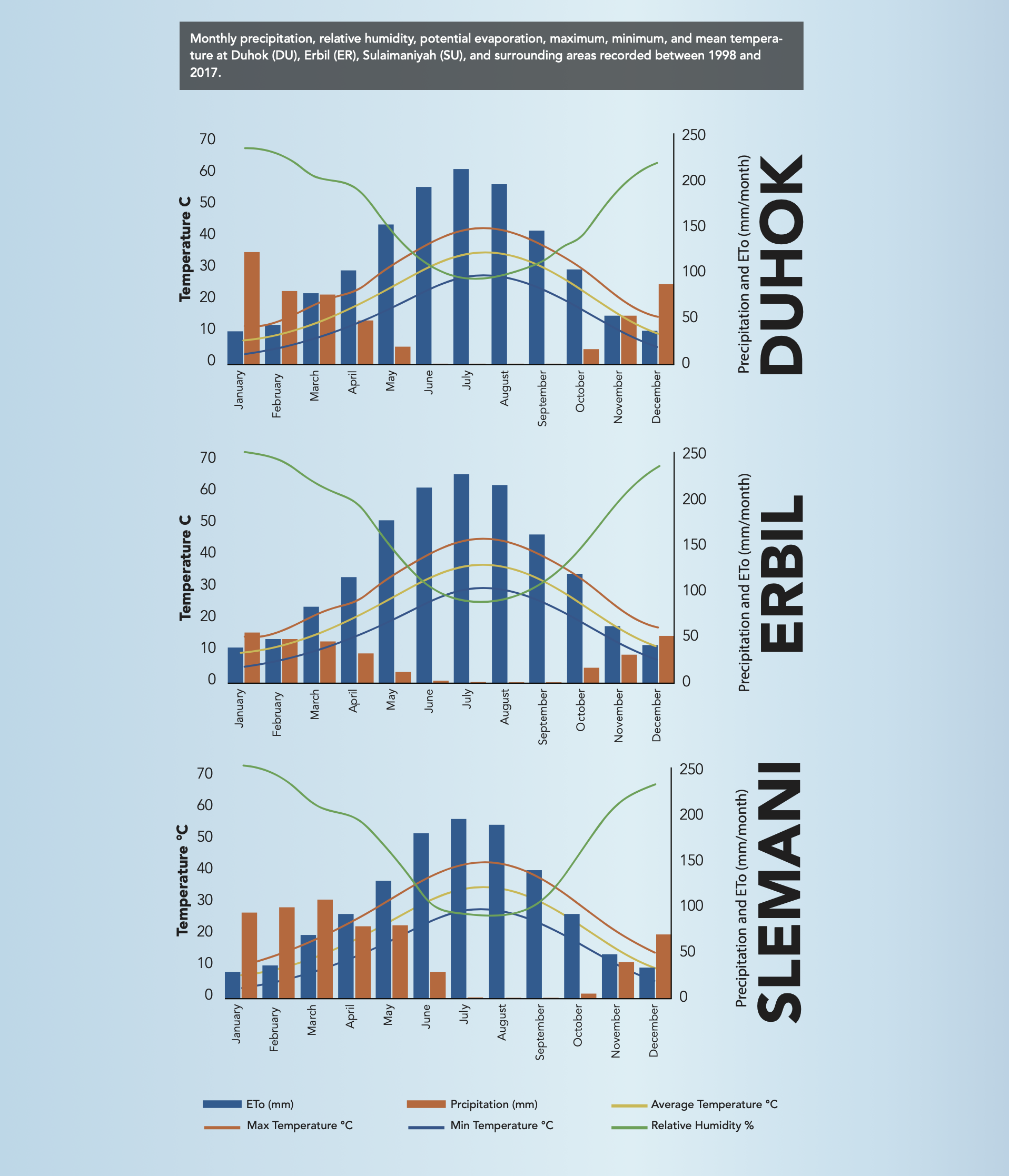
Focusing on clean energy
This year, the KRG laid the foundation for the first solar power plant in Erbil Governorate. The KRG’s Ministry of Electricity said that “the power station will be the largest solar plant in the Kurdistan Region and the whole of Iraq.”
The environmentally friendly power station, which is located in Minara, outskirt of Erbil city, is expected to produce 25 MW of electricity and will be connected to the national energy network.
The KRG plans to increase the amount of electricity coming from solar energy by constructing other similar projects.
Built on 590 dunam (21.6 acre) of land, the project is expected to be completed in one year at an estimated cost of $100 million.
There are currently two solar power plants in the KRI and the government has decided to build an additional power station in Soran Independent Administration with a budget of 235 billion Iraqi dinars and a capacity of 100 MW.
The KRG’s efforts to increase the use of solar power could boost awareness of green technology and renewable energy in general, as well as agricultural technology.
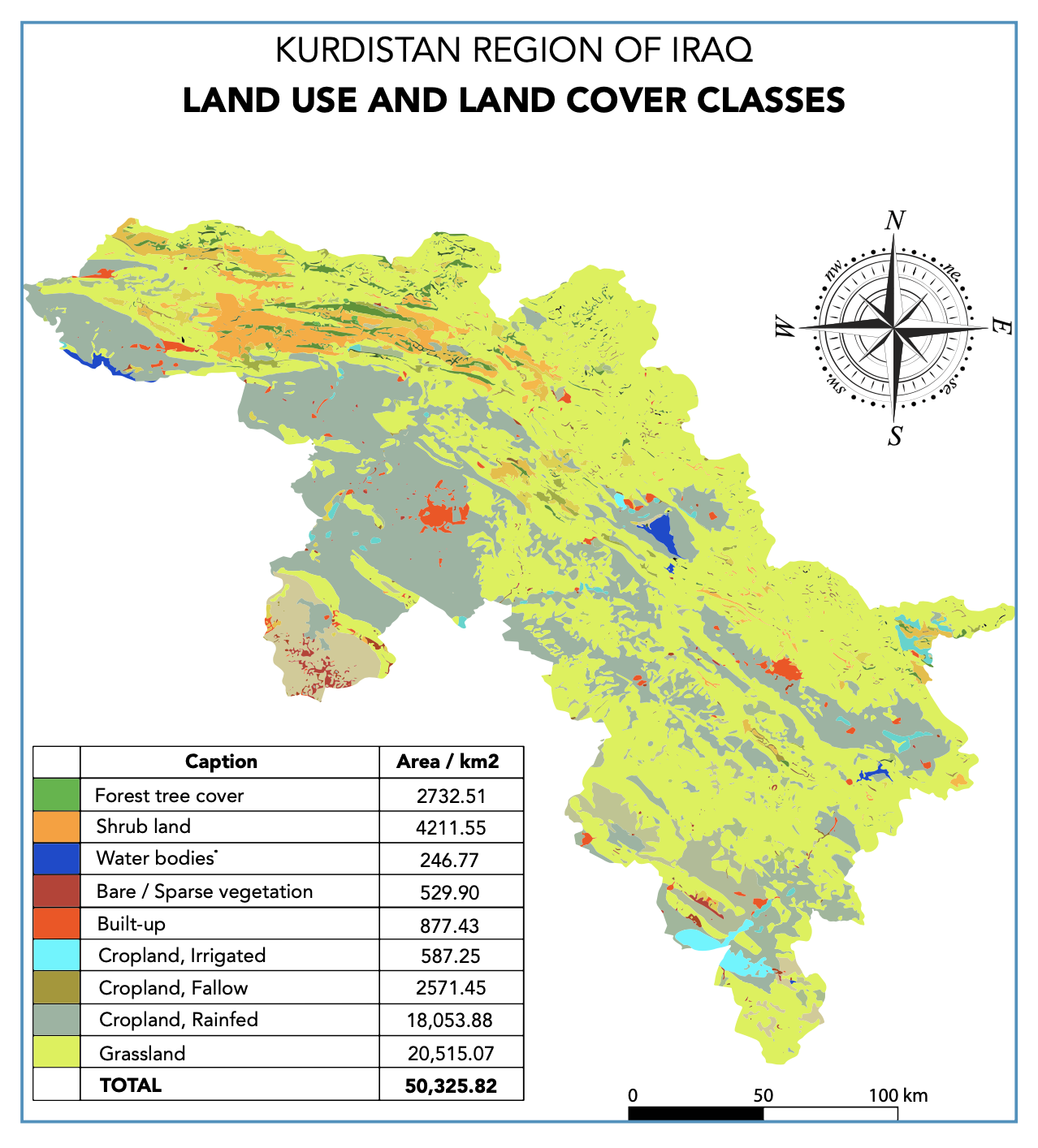
Recycling
In October of this year, the KRG inaugurated the country's first asphalt recycling plant in Erbil. It has a capacity of 160 tons per hour and can mix up to 30% discarded asphalt.
“From today, excavated asphalt across Erbil province will be recycled, protecting the environment and reducing emissions,” announced Prime Minister Barzani.
In an interview with the Department of Media and Information, the Director of Road Maintenance in Erbil Emad Mohammad Amin highlighted that “the project involves pulverizing asphalt by grinding down the existing road surfaces, allowing us to reuse it for new road construction. It is environmentally friendly, emitting no dust, smoke, or CO2 gas.” He added that “this pioneering initiative has the capability to produce 2,000 tons of tar daily. In its initial phase, we will use the recycled asphalt in the construction of the Erbil-Qushtapa road.”
Henceforth, asphalt and other existing road materials will be milled and transported to the Erbil factory for recycling, contributing to both environmental preservation and reduced asphalt production costs.
Rawezh Rasoul, an engineer at the factory, emphasized that “this project is not only eco-friendly but also cost-effective, consuming less fuel than the traditional method. Additionally, it boasts a remarkable hourly production capacity of 200 tons of tar.”
The KRG is firmly dedicated to further developing the industrial sector, establishing modern factories that are both productive and environmentally sustainable, thus safeguarding the region’s environment and economic prosperity.

